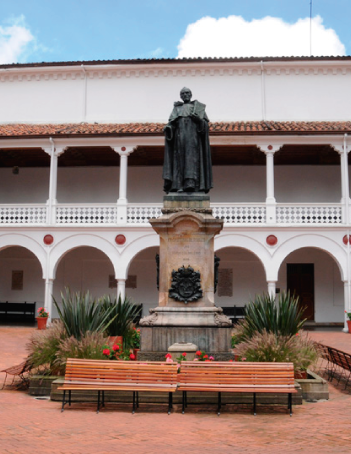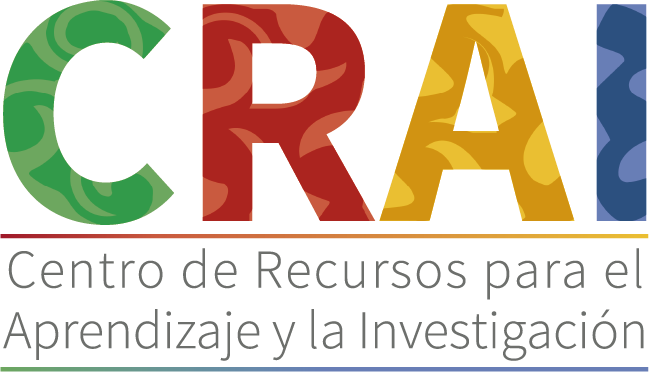Echoes of revolution -- Part 1. Drawing out insurgent relations. El Salvador's insurgency : a relational account -- Interlude : with the FPL in Chalatenango, 1992-95 -- Postinsurgent reconversion -- Part 2. Ethnographies of postinsurgency. Inside Chalatenango's former "People's Republic" -- Postwar life trajectories of former guerrilla fighters -- FMLN veterans' politics -- Salvadoran politics and the enduring legacies of insurgency.
"El Salvador's 2009 presidential elections marked a historical feat: Frente Farabundo Mart©Ư para la Liberaci©đn Nacional (FMLN) became the first former Latin American guerrilla movement to win the ballot after failing to take power by means of armed struggle. In 2014, former comandante Salvador S©Łnchez Cer©♭n became the country's second FMLN president. After Insurgency focuses on the development of El Salvador's FMLN from armed insurgency to a strong and competitive political party. At the end of the war in 1992, the historical ties between insurgent veterans enabled the FMLN to reconvert into a relatively effective electoral machine. However, these same ties also fueled factional dispute and clientelism. Drawing on in-depth ethnographic fieldwork, Ralph Sprenkels examines El Salvador's revolutionary movement as a social field, developing an innovative theoretical and methodological approach to the study of insurgent movements in general and their aftermath in particular. By extensively analyzing the movement's internal politics, the book draws attention to insurgency's persistent legacies, both for those involved as well as for Salvadoran politics at large. Sprenkels reveals the personal perspectives and stories of former revolutionaries who must now contend with a postrevolutionary nation in El Salvador. He balances the personal narratives with a larger historical study of the civil war and of the transformation process of wartime forces into postwar political contenders. In documenting the shift from armed struggle to electoral politics, the book adds to ongoing debates about contemporary Latin America politics, the "pink tide," and post-neoliberal electoralism. It also charts new avenues in the study of insurgency and its aftermath."--Provided by publisher.
Texto en inglés

Escuela de administración
Facultad de Jurisprudencia
Facultad de Ciencias
Escuela de Ciencias
Escuela de Medicina
Facultad de Economía
Facultad de Estudios
Facultad de Creación
Escuela de Ingeniería,
Otras Ofertas
 Historia y símbolos
Historia y símbolos
 Enfoque estratégico
Enfoque estratégico
 Gobierno universitario
Gobierno universitario
 Playbok - Nuestros pilares de transformación
Playbok - Nuestros pilares de transformación
 Protocolo de seguridad
Protocolo de seguridad
 Archivo histórico
Archivo histórico
 Portafolio de becas, descuentos y apoyo financiero
Portafolio de becas, descuentos y apoyo financiero
 Casa UR
Casa UR






 Proyección social
Proyección social Filantropía
Filantropía Hagámoslo posible
Hagámoslo posible

 Libro
Libro







